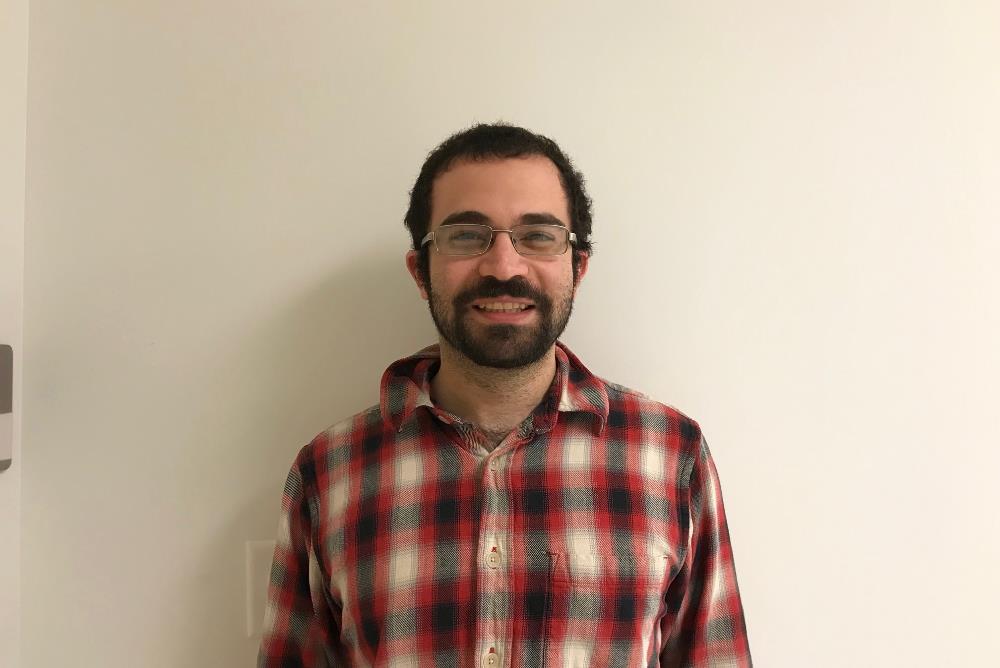W&M Featured Events
[PAST EVENT] Sebouh Jacob Paul: Physics Dissertation Defense

Sebouh Jacob Paul, Final Oral Examination for the Ph.D., Title: "Searching for a Dark Photon in the HPS Experiment."
Abstract: The Heavy Photon Search (HPS) experiment at Jefferson Lab is designed to search for a hypothesized elementary particle called a dark (heavy) photon. Such a particle would behave as a mediator between dark matter and the Standard Model through a kinetic mixing with the Standard Model?s photon. The search is performed by scattering GeV-scale electrons off tungsten nuclei in a fixed target and looking for a resonance and/or displaced vertices amidst a background of radiative QED trident events. These background events are kinematically identical to the events in which dark photons are produced and decay into lepton pairs. Several other types of reactions take place in this experiment, such as Bethe-Heitler tridents, Moeller scattering, wide-angle bremsstrahlung and elastic scattering off the nucleus. Each of these types of background reactions are used for calibration of the detector. For one of these calibration studies, we have measured the form factors for electrons scattering elastically and nearly-elastically off a carbon target and compared these to predicted values. A resonance search, performed on 10% of the dataset taken in 2016 with a 2.306 GeV beam, shows no sign of a dark photon in the mass range 45-200 MeV. Preliminary upper limits on the square of the dark-photon?s kinetic coupling to the Standard Model photon have been set in the 10-6 ? 10-5 range at 95% confidence for every mass hypothesis in this mass range.
Bio: Sebouh Paul was born and raised in Vienna, VA, where he attended elementary, middle and high school. He became interested in science at a young age, and developed a particular interest in physics through reading books that were gifted to him by his relatives. After graduating high school in 2006, he attended Christopher Newport University, where he would get both his Bachelors of Science in Physics in 2010, and Masters of Science in Applied Physics and Computer Foundations in 2012. As an undergrad, he began working at Jefferson Lab for the CLAS-12 collaboration, developing the tracking and event-reconstruction code used for their drift-chambers. He continued this research for CLAS-12 for his Masters thesis. In fall of 2012, Sebouh began his PhD program at William & Mary. He joined the Heavy Photon Search collaboration in 2013, under the guidance of his advisor, Prof. Keith Griffioen. After graduating, Sebouh hopes to work on other dark-matter and hidden-sector-related projects as a postdoc.
